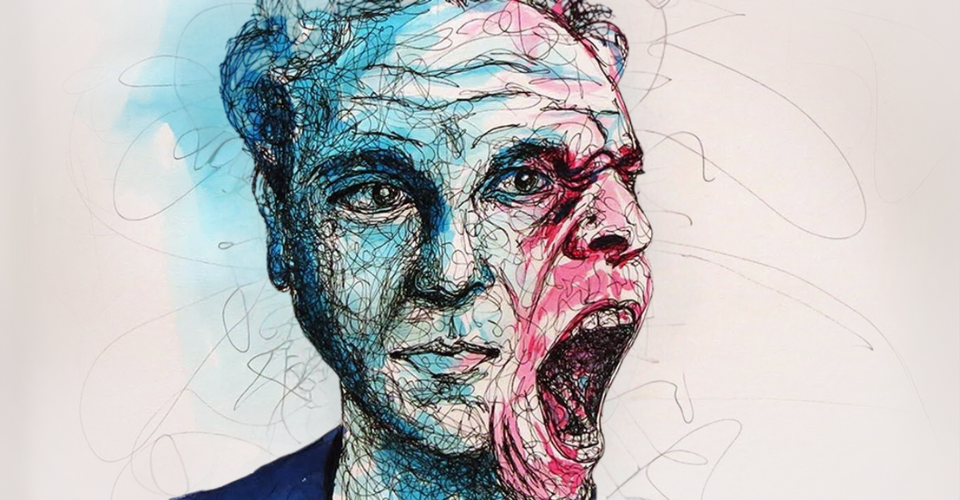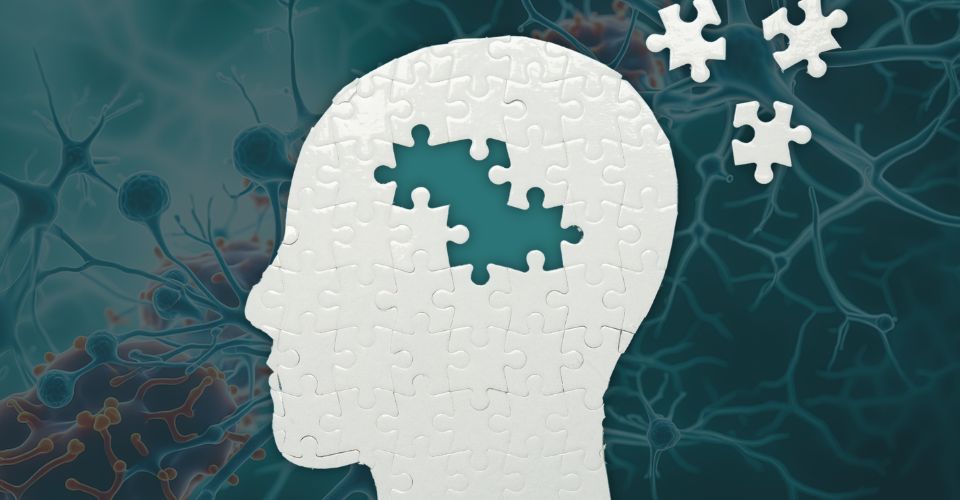Psychology News
Researchers at the University of California San Diego shed light on the psychology behind the fear of negative outcomes. The study is published in the Journal of Experimental Psychology: General.
The Study
The research team conducted seven primary and six supplementary experiments, involving more than 1,500 participants living across the U.S. In order to understand the unlikelihood effect in calculating risks and developing fears, in one of the studies, the team examined data from Amazon’s Mechanical Turk platform. In the other studies, participants took to communicating about the risks of health or winning a lottery.
The Findings
The results revealed that the estimated likelihood of an outcome decreases when people learn about the lower probabilities of the pathways that lead to the negative outcome. In this process, as the scenarios turn positive, the unlikelihood effect holds sway.
The researchers remarked: “When communicating about risks, it’s important to be mindful of the goals of providing such information and what behaviors it is intended to drive. This research can help policymakers refine their messaging to make sure their communications are impactful.”
To Know More You May Refer To
Karmarkar, U. R., & Kupor, D. (2022). The unlikelihood effect: When knowing more creates the perception of less. Journal of experimental psychology. General, 10.1037/xge0001306. Advance online publication. https://doi.org/10.1037/xge0001306




























